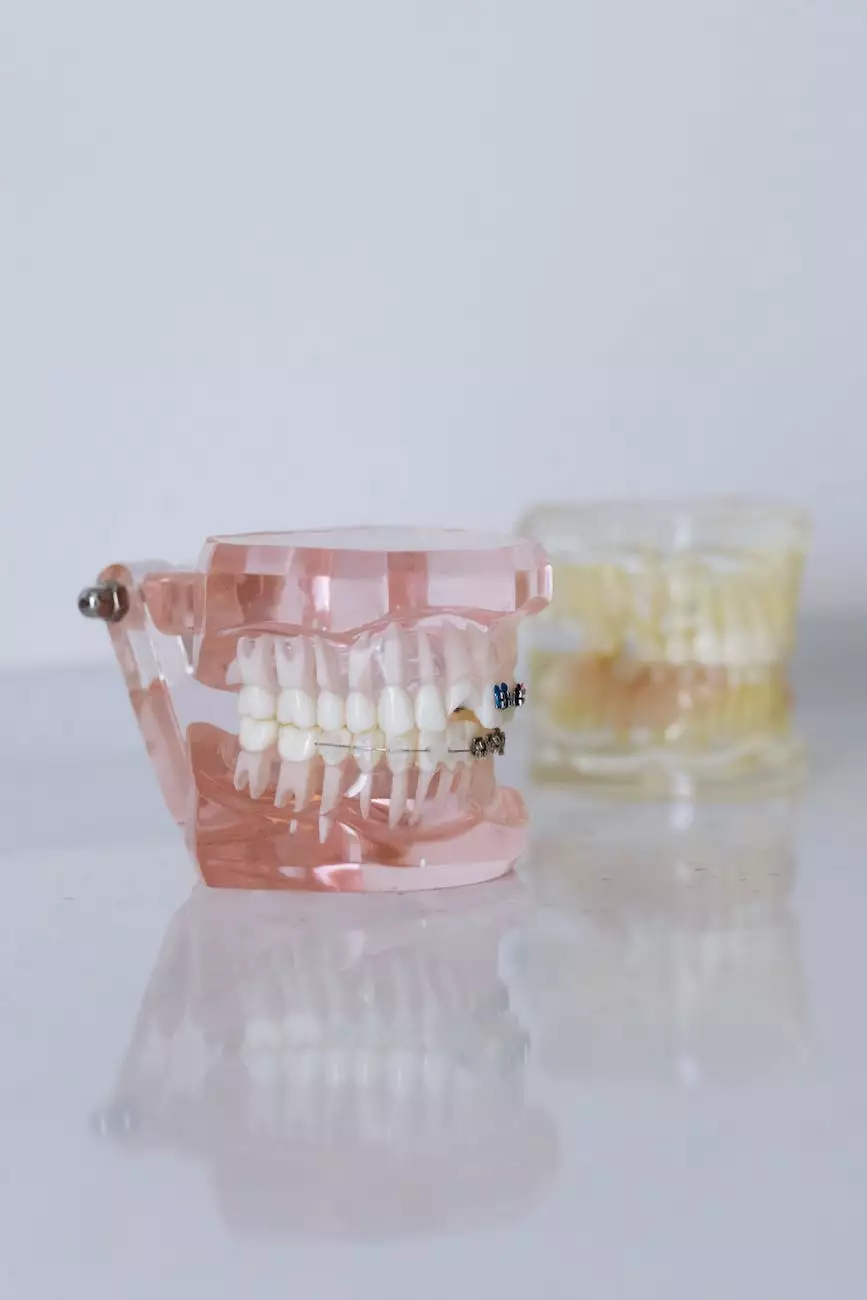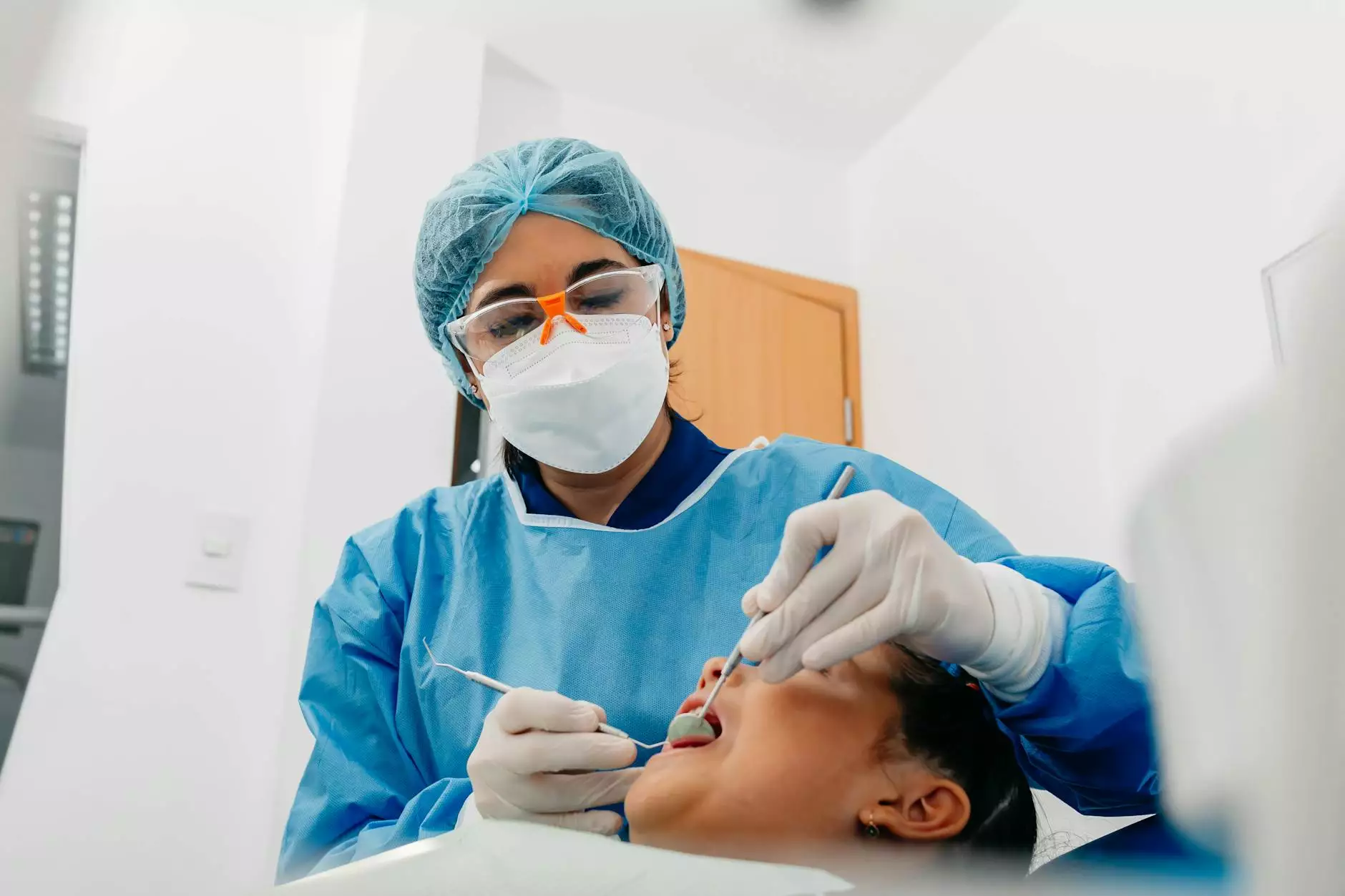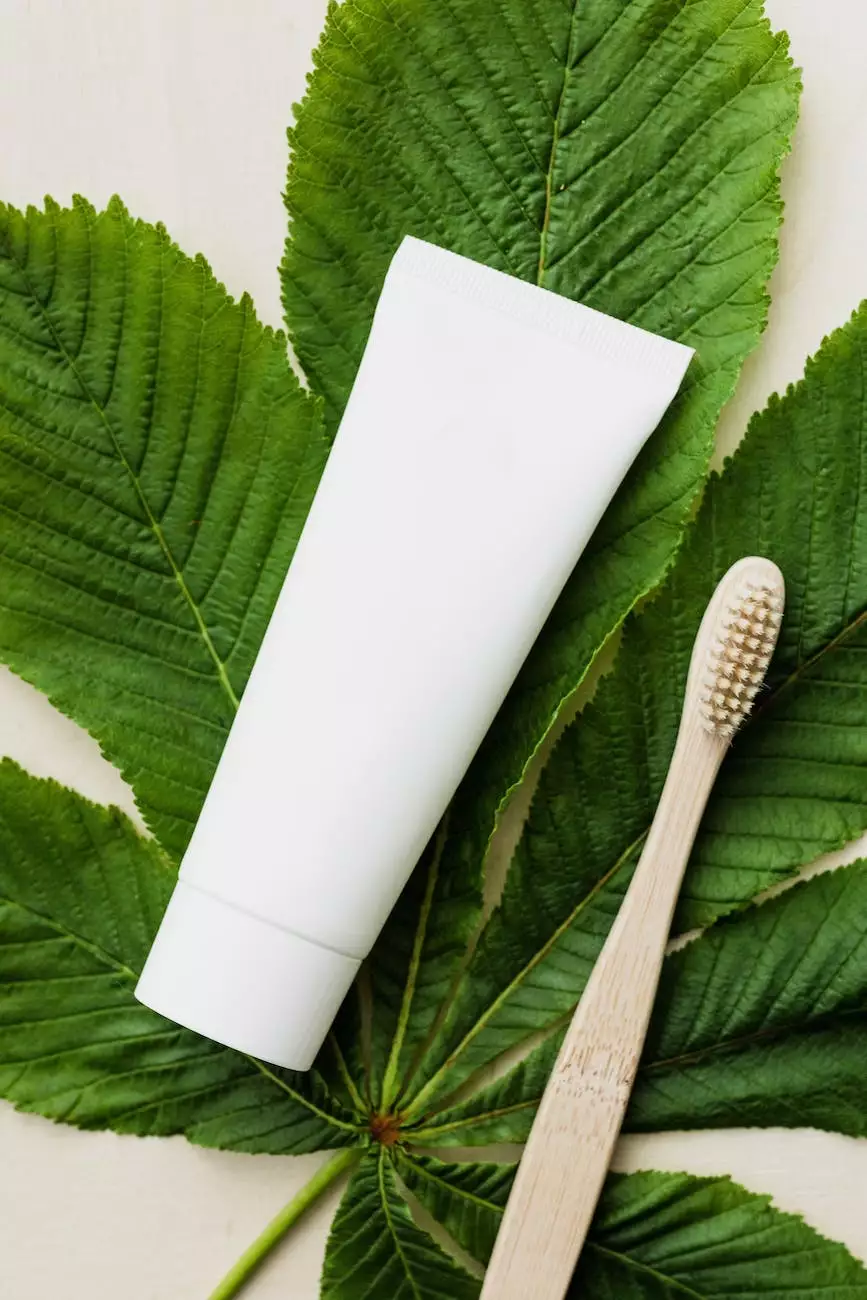Dental Bonding vs. Dental Crowns for Chipped Teeth
Smile Health
The Importance of Addressing Chipped Teeth
Chipped teeth can be a cause for concern, not only from an aesthetic standpoint but also for your overall oral health. When a tooth is chipped, it can compromise its structure and make it more vulnerable to further damage or decay if left untreated.
Understanding Dental Bonding
Dental bonding is a cosmetic dental procedure that involves applying a tooth-colored resin material to the chipped tooth. This material is then shaped and hardened, effectively bonding to the tooth and restoring its appearance. Dental bonding is a relatively quick and cost-effective option for addressing minor chipped teeth.
The Benefits of Dental Bonding
- Conservative Approach: Dental bonding preserves more of the natural tooth structure compared to dental crowns.
- Quick and Non-Invasive: Dental bonding can typically be completed in a single visit to your dentist, requiring minimal preparation.
- Cost-Effective: Dental bonding is generally more affordable than dental crowns, making it a popular choice for those on a budget.
Exploring Dental Crowns
Dental crowns, also known as dental caps, are custom-made covers that completely encase a damaged tooth. They can be made from different materials such as porcelain, metal, or a combination of both. Dental crowns are often recommended for more severe chipped teeth or those with additional structural issues.
The Benefits of Dental Crowns
- Enhanced Durability: Dental crowns provide superior strength, protecting the underlying tooth from further damage.
- Natural Appearance: Modern dental crowns are designed to look and feel like natural teeth, providing a seamless result.
- Added Support: Dental crowns can restore the functionality of a chipped tooth by improving its strength and stability.
Choosing the Right Option for You
Deciding between dental bonding and dental crowns for chipped teeth depends on several factors. Your dentist will evaluate the extent of the damage, as well as your oral health, budget, and aesthetic goals.
Factors to Consider:
- Severity of Chipping: Dental bonding is typically suitable for minor chips, while dental crowns are recommended for larger or more significant damage.
- Longevity: Dental crowns tend to be more durable and may last longer than dental bonding in certain cases.
- Cosmetic Concerns: If your primary concern is improving the appearance of the chipped tooth, dental bonding may be the preferred option.
- Budget: Dental bonding is usually more cost-effective, making it a viable choice for those looking for a more affordable solution.
Consult with Marvin Blumentritt, DMD - Troy Dental
If you have a chipped tooth and are unsure which option is best for you, it is crucial to consult with a qualified dentist. Marvin Blumentritt, DMD, and his team at Troy Dental can assess your situation and recommend the most appropriate treatment plan tailored to your needs.
As experienced professionals in the field of dentistry, they are dedicated to helping you achieve optimal oral health and a confident smile.
Don't leave chipped teeth untreated - contact Marvin Blumentritt, DMD - Troy Dental today to schedule a consultation!










